We Cannot Complain About America if We Do Not Listen to Others
I went on an epic rant to one of my best friends this morning (she was raised and leans more liberal, I was raised and lean more conservative, but no subject is off limits in our friendship and it's one of the reasons I love her so dearly). It was over text message and we were both getting ready to leave for trips so not the most opportune way to rant, but when you live on opposite coasts, you do what you can to keep the spark alive. My frustration had to do with a liberal elite smugness and a GOP's smug we-told-you-so base I'm seeing in response to the election. Calls for "safe spaces and honest dialogue" and incredulity at the election outcome by liberals, and an absolute outright gloating and total blind-eye to the President-elect's foibles, failures, and future blunders by conservatives. I was grateful, in one sense, that most of the Christians I know and respect did not vote for Trump, but that alone illustrates the issue: I surround myself with people with whom I agree. It's called a confirmation bias and we all have them. The trick is to know you do and to not demonize the ones who don't know, but to instead educate them and yourself along the way.
If you lean liberal and are simply scratching your head at the results here, read Hillbilly Elegy. It will do more to help you understand the situation at hand in one sitting, than this entire election season tried to do in one and half years.
If you were raised in a poor, predominantly white town, it would be helpful for you to understand what is actually going on in cities where perfectly normal and legal citizens of this country with varying races are simply trying to live, read: American Passage
If you were raised in a predominantly white evangelical setting and have trouble understanding the unrest by African-Americans, read: Letters to a Birmingham Jail
If you were raised in the north or the south, and are sure you aren't racist, read: The Warmth of Other Suns
If you went to college pre-1990 and can't figure out why Millennials care so much about the cost of higher education, read: Paying the Price.
If you were raised in a home where your parent's income was considered Upper Middle Class or above, read: White Trash
If you were raised in a home where welfare, food stamps, and the food pantry was where you or your friends got food from, read: Bobos in Paradise
If you were raised in a home that leaned liberal or leaned conservative, but what you see happening today doesn't reflect what you were raised to believe, read: Strangers in their Own Land.
If you are a pacifist or think all war is unjust, read The Heart and the Fist.
If no one in your immediate family has been deployed, read Tribe.
None of these books solve the crisis of divide at hand here, but they do give us a small glimpse into what "the other side" might be thinking or processing or what has bolstered their belief in what's right. Rebecca Reynolds said it well in her post today on Thistle and Toad,
The beliefs of the average American are neither formed nor altered by reason. For the most part, our religion and our politics begin with affective impulses more than formal, cognitive research. What we believe about God and country is usually born in the gut, in the center of desire, nightmare, and imagination.
Many of us find our political and theological instincts early in life, then those instincts tend to interweave with a smattering of real life relationships. Over 15-years-worth of Thanksgivings, we hear that FDR destroyed America (or that he saved it). We hear praise or criticism of unions. We hear what happened to our aunts and uncles in California, or in rural Tennessee, or in Chicago as a result of legislation passed in D.C. All of these stories converge to form and then confirm a metanarrative that becomes a framework for how we interpret the entire world.
Few of us bother to fact check those metanarratives. They become too personal to vivisect. All of these beliefs have faces, because they are connected to people and situations we know.
None of us can truly understand what another person felt was at stake in this election or is at stake in the coming years, but we can certainly do our best to try. It's not as simple or cut and dried as the one-issue voters and die-hard Democrats want it to be, but none of us will grasp that if we continue to crave both "safe spaces" and "honest dialogue." The two are at complete odds with one another; there is safety in numbers, but not if all the numbers look, think, and act just like you.
If you turn away from those who don't think like you, you simply cannot complain about the state of politics in American today, you do not have the right to choose an America that only works for you or people just like you. Chance offense or hurt, your own or others, but actually listen to someone with intent to hear them instead of listening with the intent to change their mind. There's only one who changes minds, and thank the Holy Spirit, it isn't you.
If you have books or a category you think should be considered, comment below.

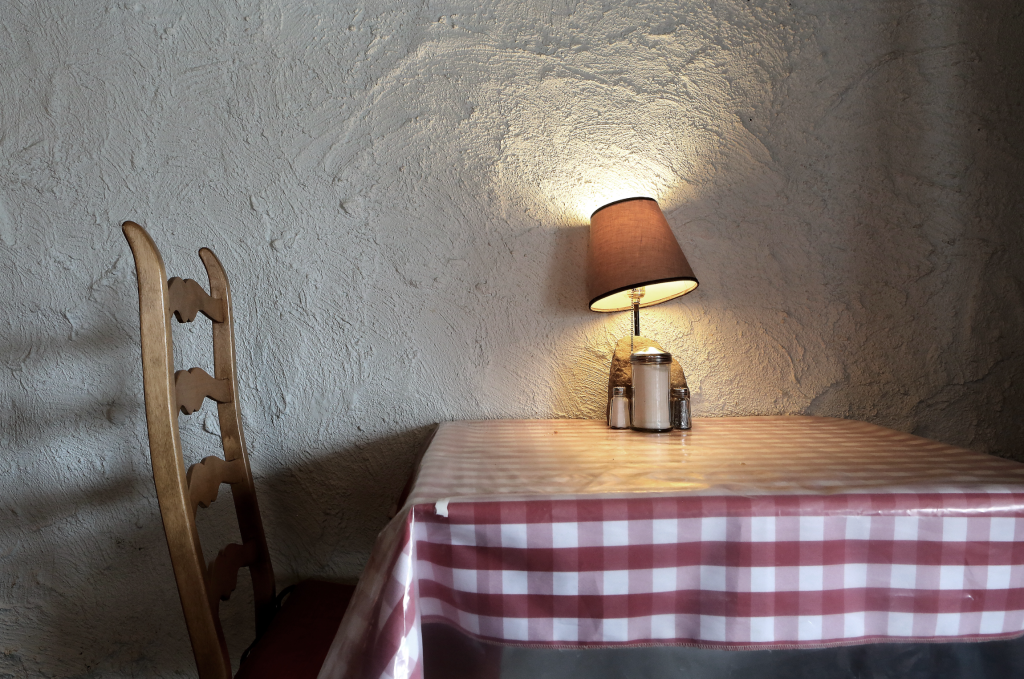
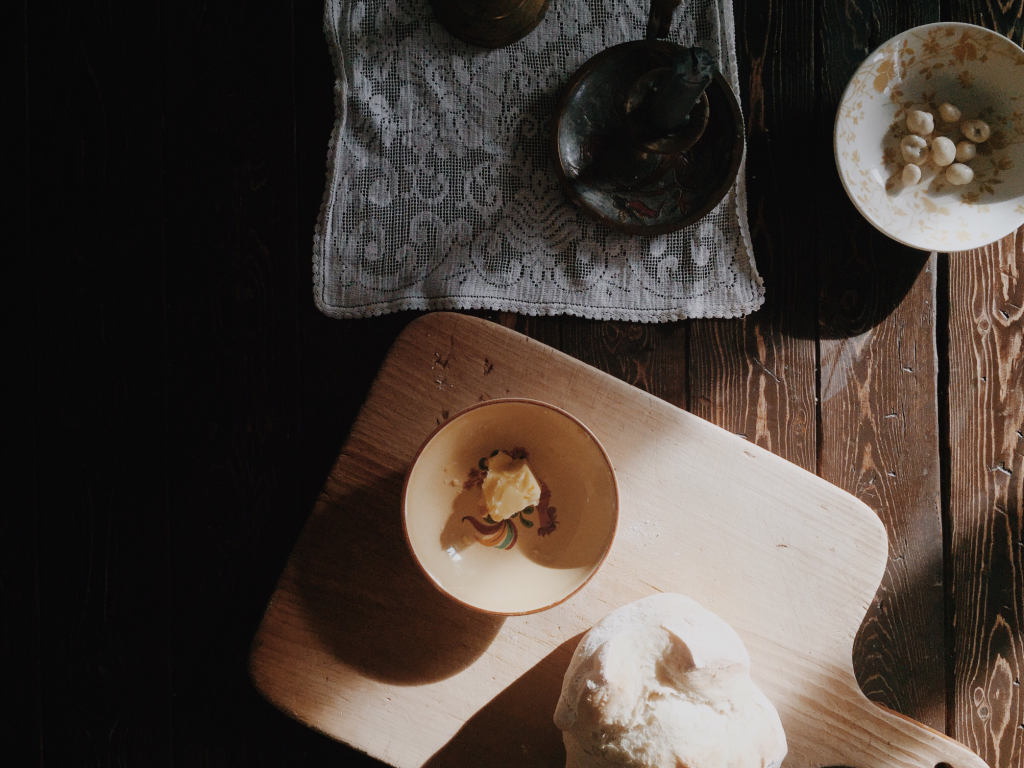
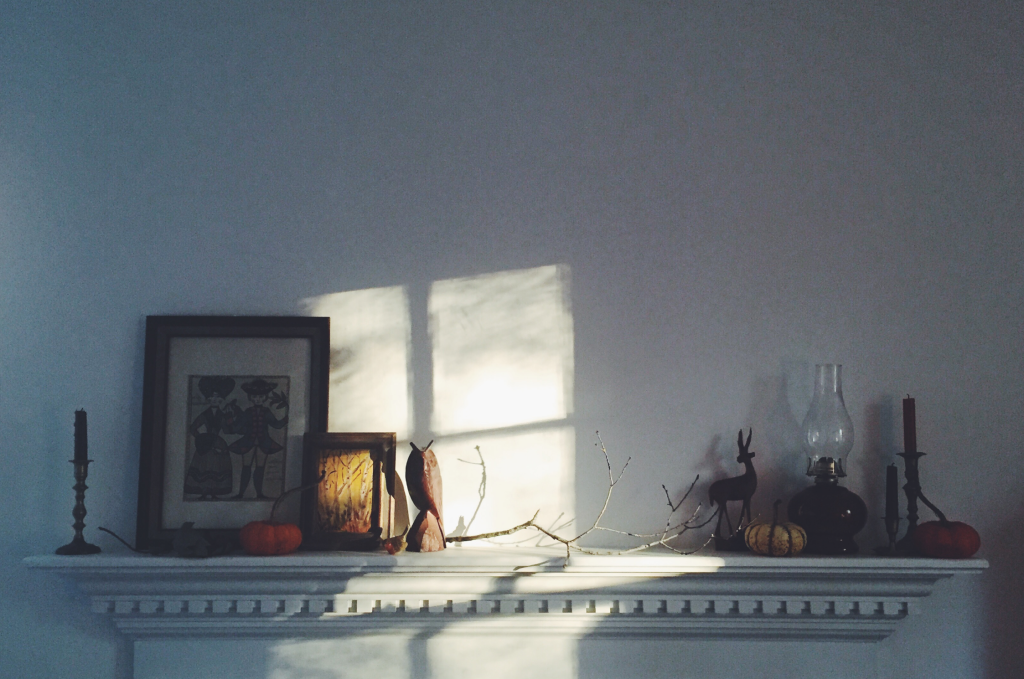
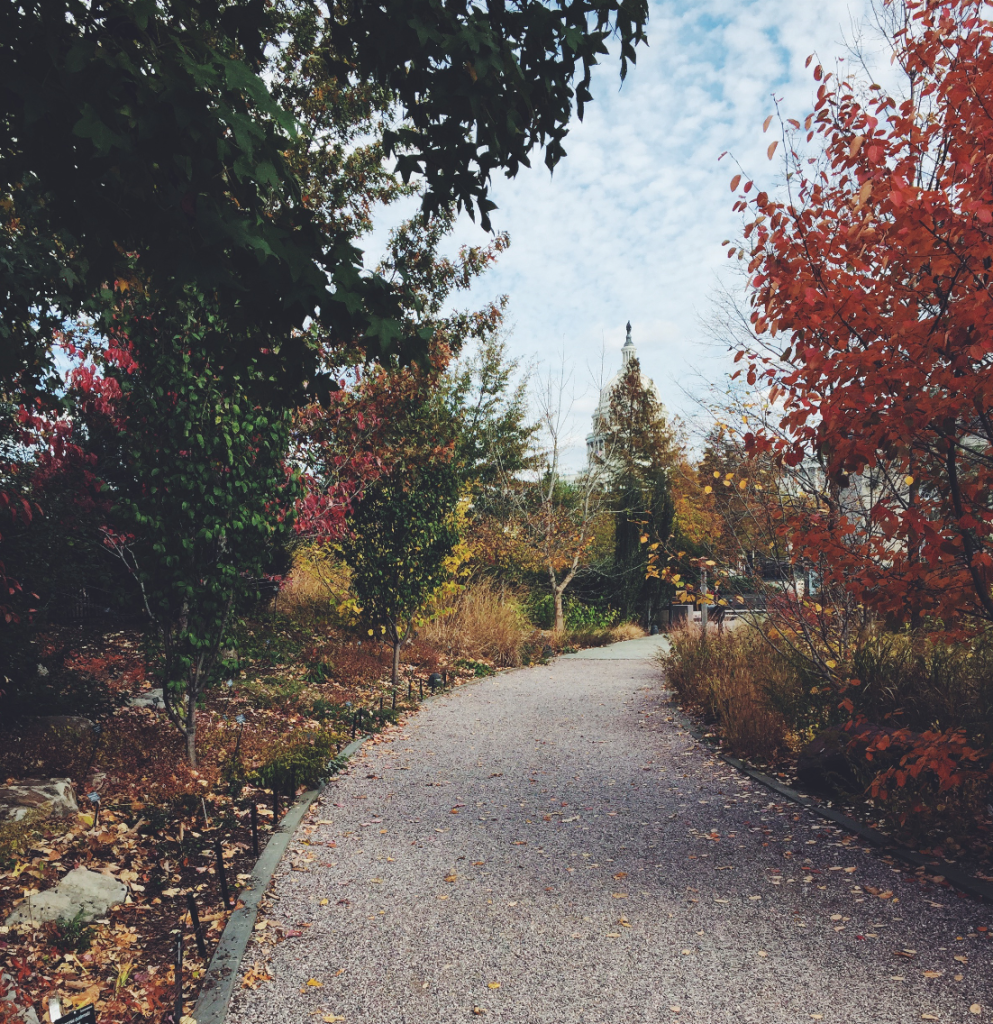

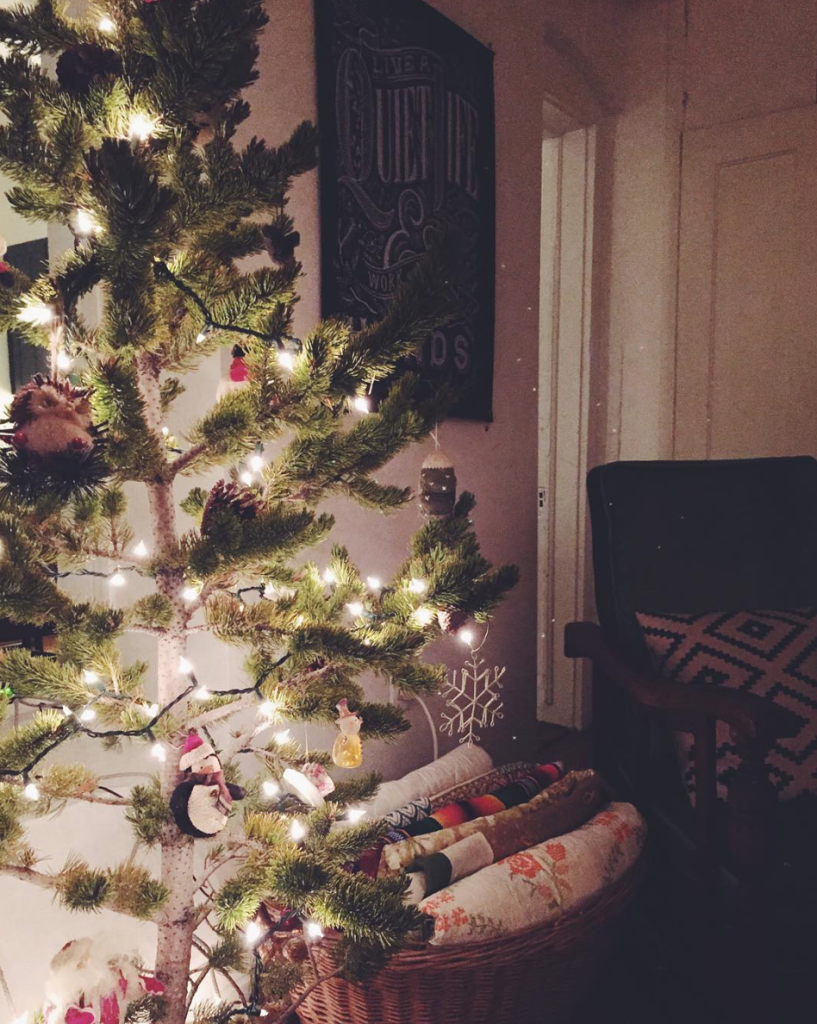
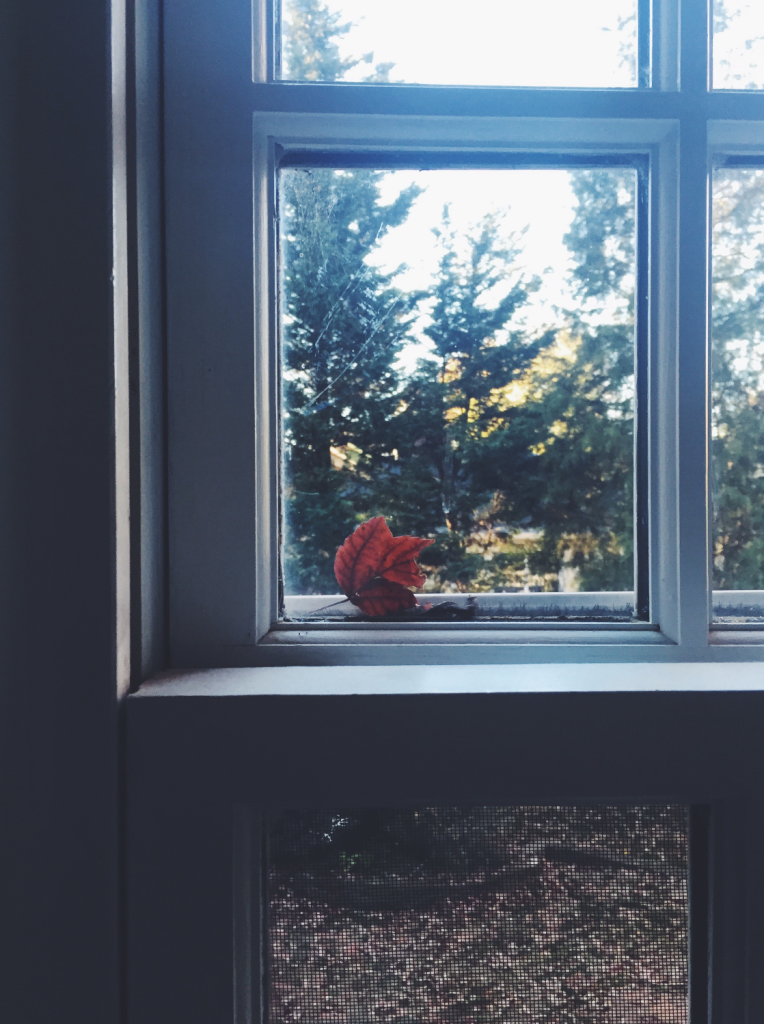


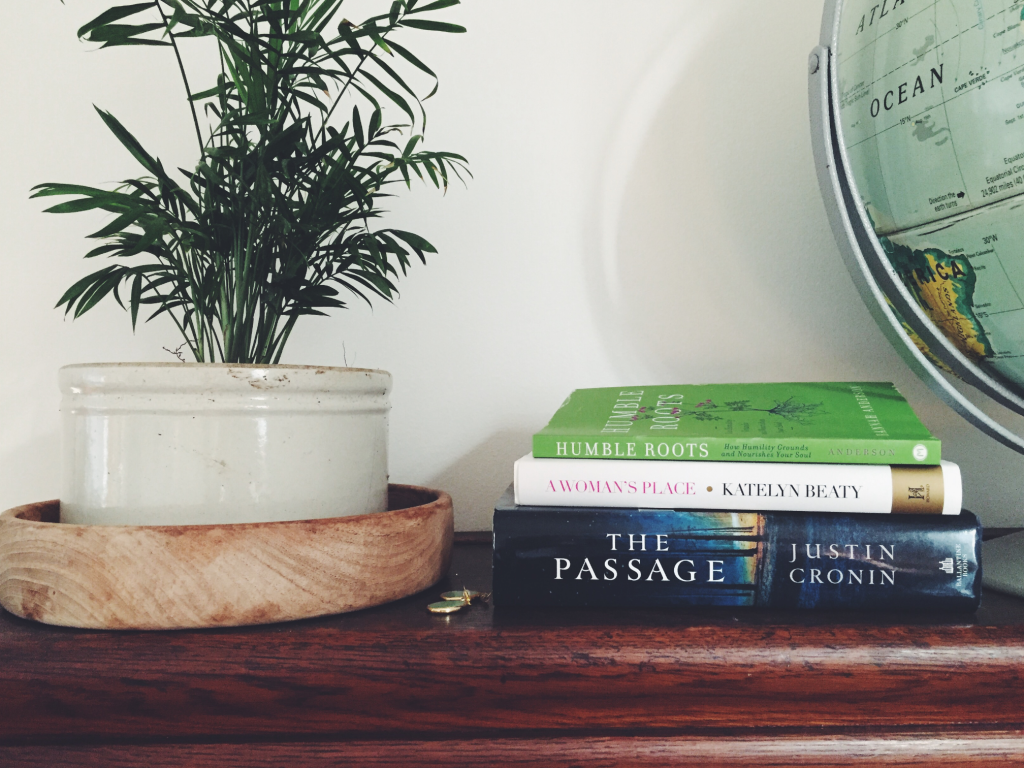
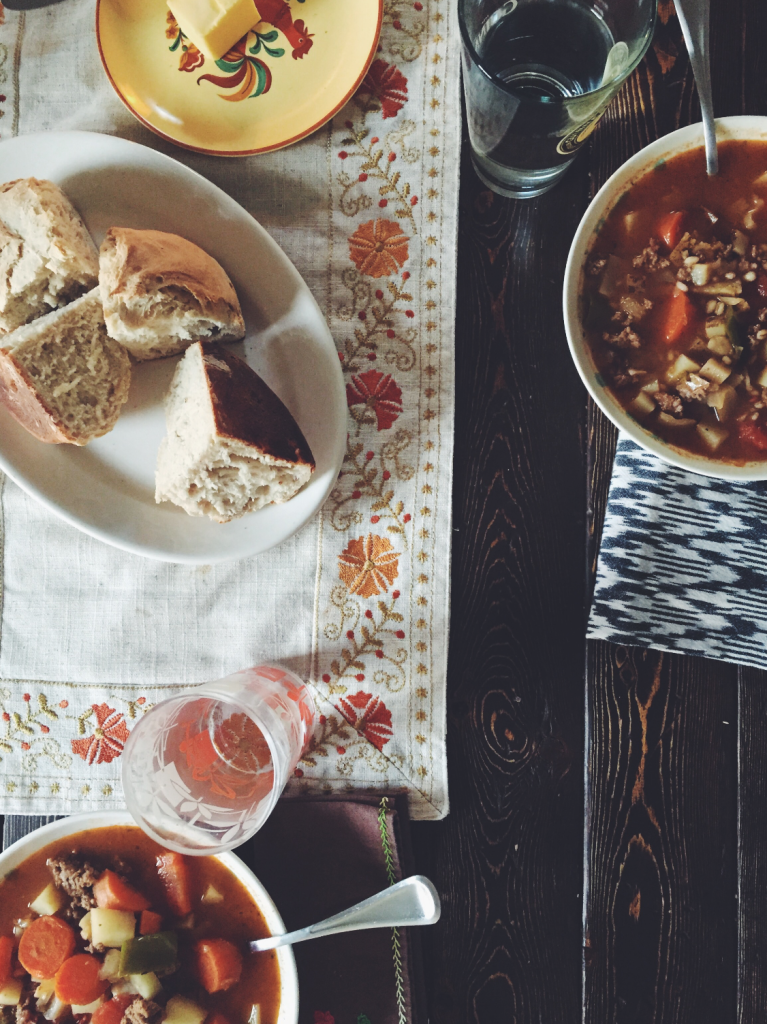



 Before I got married and was asked to write on singleness every other day, one of the questions I'd be asked often was, "How can married women encourage their unmarried sisters." I thought a lot about this question because I think it's a good one, but also because it can be easy to forget some pains of singleness once the vows are said.
In order for us to truly mourn with those who mourn and rejoice with those who rejoice, it takes a great amount of empathy—entering into the sadness, fears, and joys of our sisters and brothers in Christ. What is unfortunate, though, is that the question is rarely flipped the other way around. "How can unmarried women encourage their married sisters?" I think this is perhaps due to an incorrect view that those who are unmarried are somehow lesser than and therefore need greater amounts of encouragement than those who are married. This simply isn't true. What is true is that an unmarried person has distinct and perfect gifts designed by God for their season, and a married person has distinct and perfect gifts designed by God for theirs. No one is less than, or has less than—though it's hard to believe that as an unmarried person who longs for what your sisters and brothers have through their spouses.
Before I got married and was asked to write on singleness every other day, one of the questions I'd be asked often was, "How can married women encourage their unmarried sisters." I thought a lot about this question because I think it's a good one, but also because it can be easy to forget some pains of singleness once the vows are said.
In order for us to truly mourn with those who mourn and rejoice with those who rejoice, it takes a great amount of empathy—entering into the sadness, fears, and joys of our sisters and brothers in Christ. What is unfortunate, though, is that the question is rarely flipped the other way around. "How can unmarried women encourage their married sisters?" I think this is perhaps due to an incorrect view that those who are unmarried are somehow lesser than and therefore need greater amounts of encouragement than those who are married. This simply isn't true. What is true is that an unmarried person has distinct and perfect gifts designed by God for their season, and a married person has distinct and perfect gifts designed by God for theirs. No one is less than, or has less than—though it's hard to believe that as an unmarried person who longs for what your sisters and brothers have through their spouses.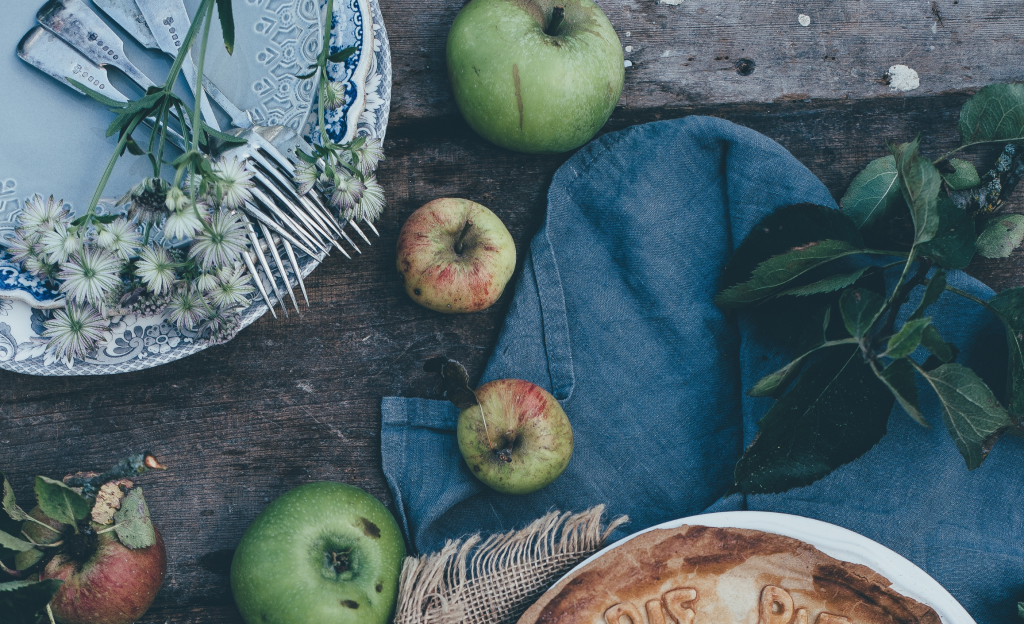 I never thought I'd be the girl without a family, the willingly orphaned. We left Texas in tears, reading our congratulatory wedding cards on the drive to Colorado through weeping and intermittent sobbing. By we, I mean me.
I love
I never thought I'd be the girl without a family, the willingly orphaned. We left Texas in tears, reading our congratulatory wedding cards on the drive to Colorado through weeping and intermittent sobbing. By we, I mean me.
I love